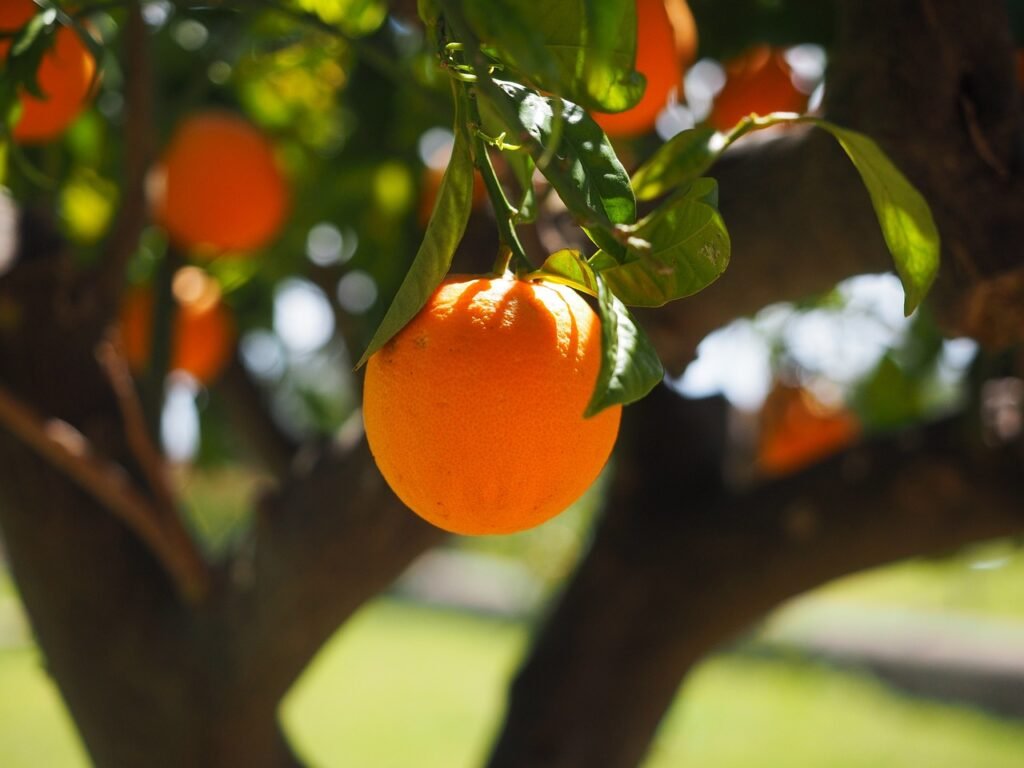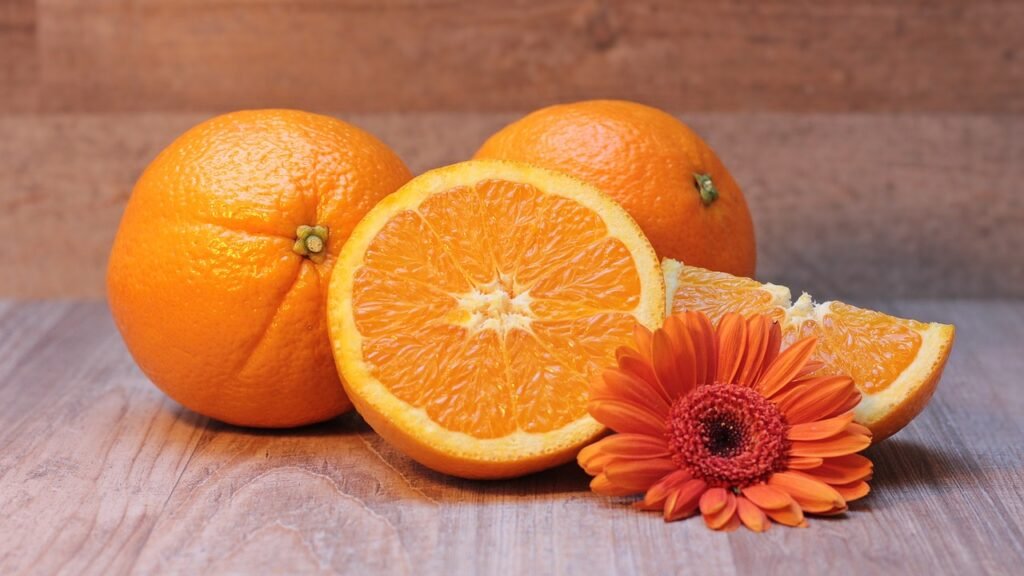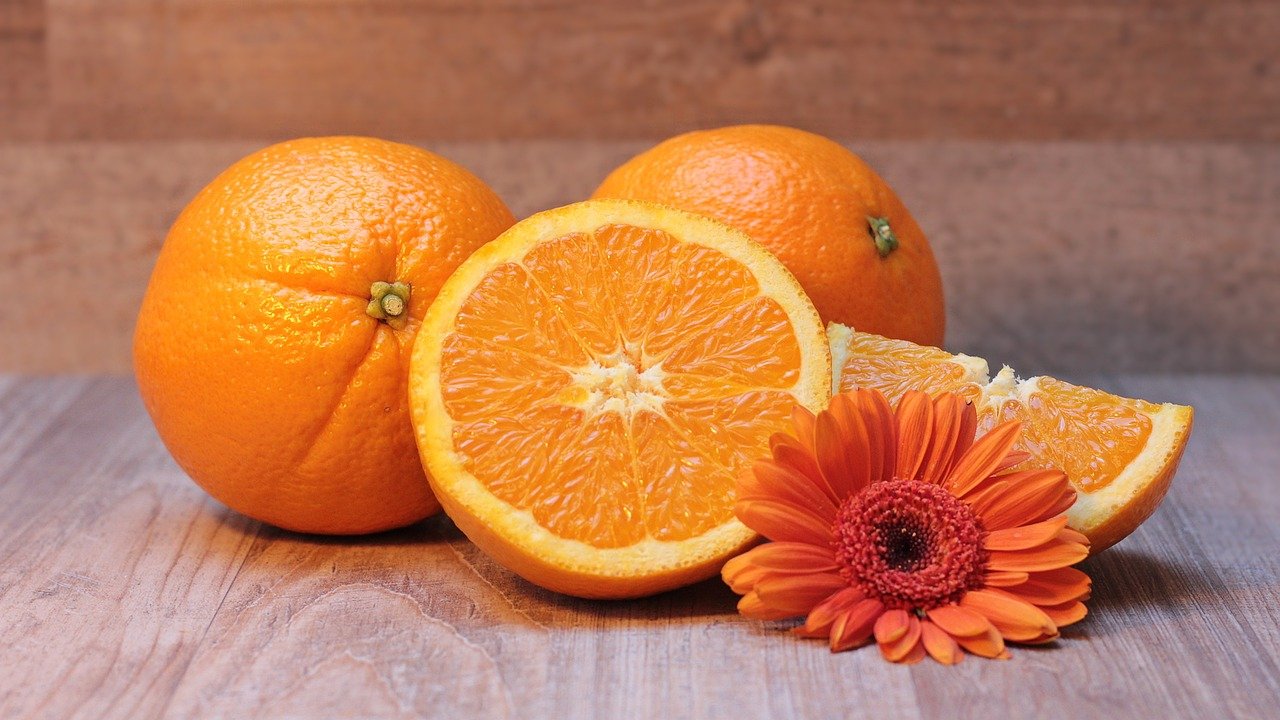We’ve all heard about the importance of vitamin C in supporting our immune system and overall health, but have you ever wondered if there’s any truth to the claim that vitamin C supplements can actually lead to kidney stones? In this article, we’ll delve into the topic and separate fact from fiction, exploring the relationship between vitamin C intake and kidney stone formation. So, grab a cup of tea and get ready to discover the truth behind this vitamin controversy.
What are Kidney Stones?
Kidney stones are hard mineral and salt deposits that form in the kidneys. They can vary in size and shape, ranging from tiny grains to larger, more irregular formations. Kidney stones can be extremely painful when they obstruct the normal flow of urine from the kidneys to the bladder.
Definition of Kidney Stones
Kidney stones, also known as renal calculi, are solid masses made up of calcium, oxalate, uric acid, or other substances. These stones can develop in one or both kidneys and can vary in composition, shape, and size. Common symptoms of kidney stones include severe pain in the back or side, blood in urine, and frequent urination.
Types of Kidney Stones
There are several types of kidney stones, each primarily composed of different substances. The most common types of kidney stones include:
-
Calcium Stones: These stones are the most common and are primarily made up of calcium oxalate or calcium phosphate.
-
Uric Acid Stones: Uric acid stones are formed when there are high levels of uric acid in the urine. This type of stone is more common in individuals with gout or a high-protein diet.
-
Struvite Stones: Struvite stones are typically caused by urinary tract infections (UTIs) and can grow rapidly, leading to significant blockages.
-
Cystine Stones: Cystine stones are rare and usually caused by a genetic disorder that affects the reabsorption of cystine in the kidneys.
Causes of Kidney Stones
Kidney stones can be caused by various factors, including:
- Dehydration: Lack of proper hydration can lead to concentrated urine and increase the risk of stone formation.
- High Oxalate Diet: Consuming foods rich in oxalate, such as spinach, beets, and chocolate, can contribute to the formation of calcium oxalate stones.
- Family History: A family history of kidney stones can increase your likelihood of developing them.
- Certain Medical Conditions: Conditions like urinary tract infections, gout, and digestive disorders can contribute to kidney stone formation.
The Role of Vitamin C in Kidney Stone Formation
What is Vitamin C?
Vitamin C, also known as ascorbic acid, is an essential nutrient that plays a crucial role in various bodily functions. It is found in many fruits and vegetables, such as oranges, strawberries, and bell peppers. Vitamin C is known for its antioxidant properties, immune system support, and collagen synthesis.
How Does Vitamin C Affect Kidney Stones?
Contrary to popular belief, vitamin C itself does not directly cause kidney stones. In fact, it is an important nutrient that can reduce the risk of stone formation. However, excessive intake of vitamin C, especially in the form of supplements, can potentially increase the risk of certain types of kidney stones.
Studies on the Link Between Vitamin C and Kidney Stones
Numerous studies have investigated the relationship between vitamin C consumption and kidney stone formation. The consensus among researchers is that moderate vitamin C intake from food sources does not significantly increase the risk of kidney stones. However, high-dose vitamin C supplementation, particularly in the form of ascorbic acid, may increase the excretion of oxalate in the urine, potentially leading to calcium oxalate stone formation in susceptible individuals.

This image is property of pixabay.com.
Myths About Vitamin C and Kidney Stones
Myth 1: Vitamin C Causes Kidney Stones
This is a common misconception. Vitamin C itself does not cause kidney stones. However, excessive intake of vitamin C supplements, especially in the form of ascorbic acid, can increase the risk of calcium oxalate stone formation in certain individuals. It is essential to differentiate between naturally occurring vitamin C in fruits and vegetables and high-dose supplementation.
Myth 2: All Types of Vitamin C Lead to Kidney Stones
Not all types of vitamin C contribute to the formation of kidney stones. In fact, vitamin C from natural food sources, such as fruits and vegetables, has a negligible effect on stone formation. The concern lies primarily with high-dose vitamin C supplementation, specifically in the form of ascorbic acid.
Myth 3: Vitamin C Supplements Are the Only Cause of Kidney Stones
While excessive vitamin C supplementation can increase the risk of certain types of kidney stones, it is essential to understand that it is not the sole cause. Kidney stones can develop due to a variety of factors, including genetic predisposition, diet, hydration levels, and other medical conditions. It is necessary to consider the overall context when discussing the role of vitamin C in kidney stone formation.
Benefits of Vitamin C Supplements
Boosting the Immune System
Vitamin C is widely known for its role in supporting a healthy immune system. It helps stimulate the production of white blood cells, which are vital for fighting off infections and diseases. Adequate vitamin C intake, whether from food sources or supplements, can contribute to overall immune health.
Reducing the Risk of Chronic Diseases
Vitamin C is an antioxidant that helps protect the body against the damaging effects of free radicals. It has been linked to a reduced risk of chronic diseases, such as heart disease, certain cancers, and eye conditions like cataracts. Including vitamin C in your daily routine can have long-term health benefits.
Improving Skin Health
Vitamin C plays a crucial role in collagen synthesis, a protein that is essential for maintaining the health and elasticity of the skin. Regular intake of vitamin C can help reduce the appearance of wrinkles, promote wound healing, and protect the skin from environmental damage.

This image is property of pixabay.com.
Prevention and Treatment of Kidney Stones
Dietary Changes to Prevent Kidney Stones
Making certain dietary changes can help prevent the formation of kidney stones. These changes may include limiting sodium and animal protein intake, avoiding high-oxalate foods, maintaining a healthy weight, and consuming an adequate amount of calcium from food sources.
Hydration and Fluid Intake
Staying well-hydrated is often recommended to prevent kidney stone formation. Drinking an ample amount of water throughout the day helps dilute urine and flush out potential stone-forming substances. Increasing fluid intake is particularly crucial for individuals who have a history of kidney stones or are at a higher risk.
Medical Treatments for Kidney Stones
In some cases, medical intervention may be necessary to treat kidney stones. Treatment options vary depending on the size, location, and type of stone. They can include medications to alleviate pain and facilitate stone passage, extracorporeal shock wave lithotripsy (ESWL), ureteroscopy, or surgical procedures to remove or break up larger stones.
Safe Dosage of Vitamin C
Recommended Daily Allowance (RDA) of Vitamin C
The recommended daily allowance of vitamin C varies by age and gender. For adults, the RDA is generally 75 to 90 milligrams per day, with an upper limit of 2,000 milligrams for adults. It is important to note that these guidelines are for dietary vitamin C and do not account for supplementation.
Potential Side Effects of Excessive Vitamin C Intake
Excessive intake of vitamin C, especially through high-dose supplementation, can lead to side effects such as diarrhea, gastrointestinal upset, and increased risk of kidney stone formation in susceptible individuals. It is crucial to avoid exceeding the safe upper limit and consult with a healthcare professional before starting any vitamin C supplementation regimen.
Consulting a Healthcare Professional
When considering vitamin C supplementation, it is always advisable to consult a healthcare professional, especially if you have a history of kidney stones or any pre-existing medical conditions. They can provide personalized recommendations based on your health status and help determine the appropriate dosage of vitamin C for your specific needs.

This image is property of pixabay.com.
Factors Influencing Kidney Stone Formation
Genetic Predisposition
Genetic factors can contribute to an individual’s susceptibility to kidney stone formation. Certain genetic disorders affect the way the kidneys process minerals and increase the likelihood of stone development. If you have a family history of kidney stones, it is important to be aware of the potential genetic predisposition and take necessary preventive measures.
Dietary Factors
Diet plays a significant role in the formation of kidney stones. Consuming foods high in oxalate, sodium, and animal protein can increase the risk. Additionally, inadequate calcium intake from food sources may lead to higher levels of oxalate in the urine, potentially contributing to stone formation. Adopting a balanced and healthy diet can help reduce the risk of kidney stones.
Lifestyle Factors
Several lifestyle factors can influence the formation of kidney stones. Lack of physical activity, excessive alcohol consumption, and obesity can all contribute to the development of stones. Leading a physically active lifestyle, maintaining a healthy weight, and reducing alcohol consumption can have a positive impact on kidney stone prevention.
Proper Use of Vitamin C Supplements
Reading and Following Instructions
When using vitamin C supplements, it is crucial to carefully read and follow the instructions provided by the manufacturer. Pay attention to the recommended dosage and frequency of intake. Do not exceed the recommended dose unless advised by a healthcare professional.
Considering Personal Health Conditions
Individuals with specific health conditions, such as kidney stones, should be cautious when taking vitamin C supplements. It is advisable to consult with a healthcare professional who can assess your medical history and make appropriate recommendations based on your individual needs.
Quality and Safety of Supplements
When purchasing vitamin C supplements, opt for reputable brands that adhere to good manufacturing practices. Look for third-party certifications, such as the US Pharmacopeia (USP) Verified Mark, to ensure quality and safety. It is also recommended to choose supplements that contain other beneficial nutrients, such as bioflavonoids, to enhance absorption and potential health benefits.
Other Nutritional Factors and Kidney Stone Formation
Calcium Intake
Maintaining adequate calcium intake from food sources is essential for kidney stone prevention. Contrary to popular belief, reducing calcium intake is not recommended as it can increase the risk of certain types of kidney stones. A balanced diet that includes sufficient calcium, preferably from food sources, can help prevent oxalate absorption in the gut and reduce the likelihood of stone formation.
Oxalate Intake
Limiting high-oxalate foods may be necessary for individuals prone to calcium oxalate stones. Foods such as spinach, rhubarb, beets, and chocolate contain higher levels of oxalate and may contribute to stone formation in susceptible individuals. Balancing oxalate intake through dietary modifications can help reduce the risk of calcium oxalate stones.
Interaction with Other Nutrients
The interaction between vitamin C and other nutrients can influence kidney stone formation. For example, vitamin C enhances iron absorption, but excessive iron intake can increase the risk of producing certain types of kidney stones. It is important to maintain a balanced approach to nutrition and consider the potential interactions between different nutrients.
Conclusion
Kidney stones are a common medical condition that can cause significant discomfort. While there is a link between vitamin C supplementation and a potential increase in the risk of kidney stone formation, it is crucial to differentiate between excessive supplementation and getting vitamin C from natural food sources. Adequate vitamin C intake from a balanced diet, along with adopting healthy lifestyle habits and proper medical guidance, can help reduce the risk of kidney stones and maximize the health benefits of this essential nutrient. Always consult with a healthcare professional before making any significant dietary or supplementation changes to ensure the best outcome for your overall well-being.

